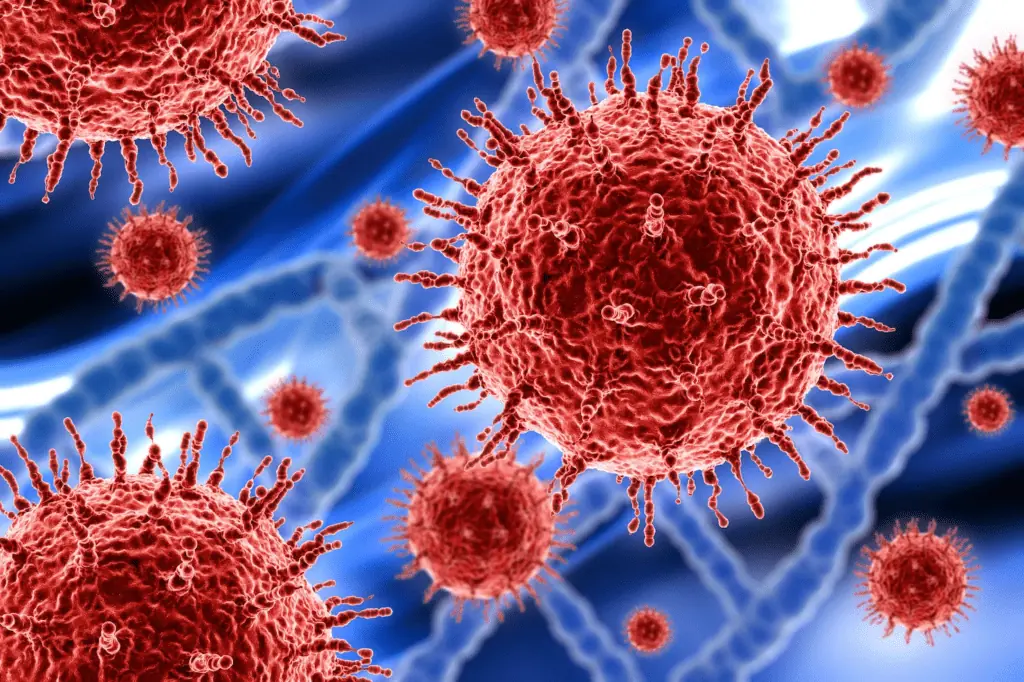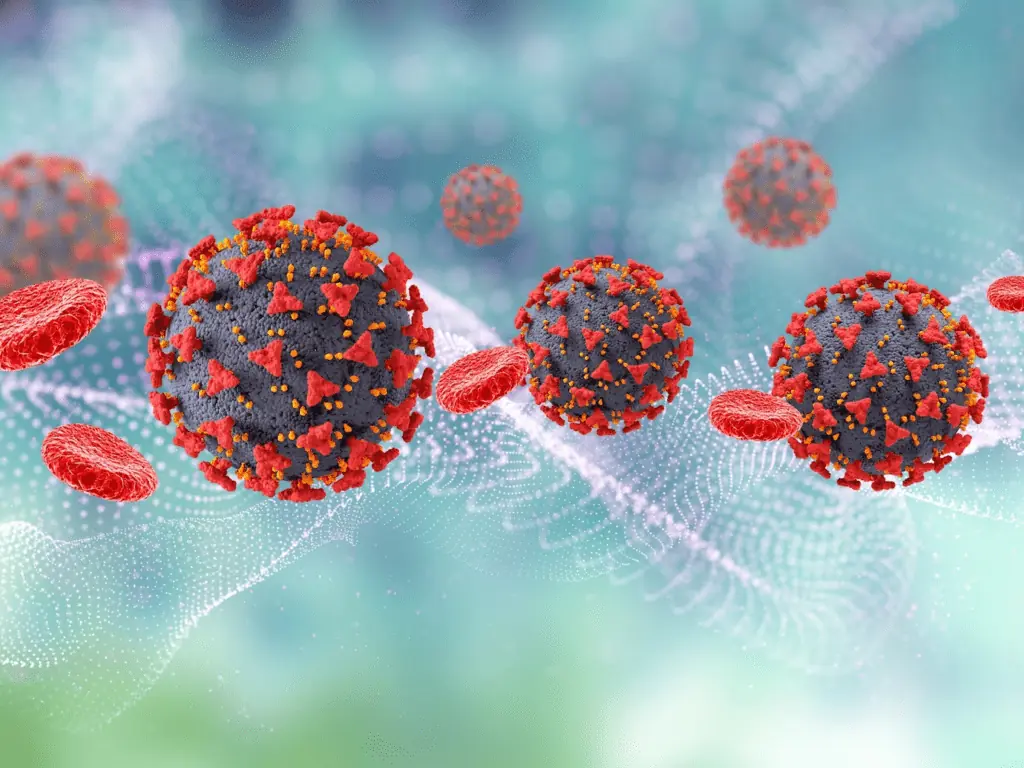
Many things can go wrong with your body, and it can be hard to know what’s normal and what’s not. This is especially true for your parathyroid gland. The symptoms of parathyroid disease are similar to those of other health problems. So, it’s important to know what they are and how to tell them apart.
In this guide, we’ll walk you through the most common signs and symptoms of parathyroid disease. We’ll also give you tips on how to protect yourself from this condition.
Understanding Parathyroid Disease
The parathyroid glands near your thyroid are responsible for maintaining a healthy balance of calcium, phosphorus, and magnesium in your bloodstream. When the concentrations of these minerals go beyond normal, these four small glands regulate the quantity of parathyroid hormone (PTH) they produce. When there is a higher concentration of this hormone present in the blood, the bones discharge more calcium. On the contrary, when the parathyroid gland produces less hormone, the bones deplete less calcium.
This delicate equilibrium may be affected when the parathyroid glands break down because of illness, injury, or other factors. This leads to an imbalance in blood calcium levels, which may result in two diseases:
Hyperparathyroidism – When the parathyroid gland produces excessive PTH, blood calcium increases to harmful levels.
Hypoparathyroidism – When the parathyroid gland is inactive, it produces insufficient PTH, leading to a decline in blood calcium levels.
Symptoms Of Parathyroid Disease
In its early stages, parathyroid illness often shows no symptoms. And, when symptoms do appear, they differ from person to person. The most common symptoms of parathyroid disease include the following:
Fatigue
Fatigue is one of the most common symptoms of parathyroid disease. People with this condition often experience excessive sleepiness, which can make it difficult to keep up with daily responsibilities. Fatigue may be caused by low blood calcium levels and other related health problems associated with the disease.
It’s important to note that fatigue can also be caused by other conditions, so your doctor will want to rule out other causes before they start treating you for parathyroid problems.
Lump In The Neck
Another common symptom of parathyroid disease is a lump in the neck. Parathyroid tumors can grow anywhere along the thyroid, and sometimes you might not even be aware that you have a tumor until it causes other problems.
The lump in the neck is often painless and may be discovered by accident when someone takes a look down their own shirt while they’re brushing their teeth. It’s also possible to feel a lump if you have a firm feeling under your jawbone that’s different from other areas around it.
The size and location of the lump vary based on what stage of parathyroid disease they are experiencing. In the early stages, they may feel as small as a grain of rice or even smaller than a pea. Later stages can cause tumors that are large enough to be felt during daily activities like swallowing or talking.
If you notice that your neck feels swollen or there’s a lump, see your doctor right away. The sooner you’re diagnosed, the better your chances are at treating it successfully.
Muscle Aches
Muscle aches are a common symptom of parathyroid disease. The exact cause is unknown, but it may be related to calcium deficiency in the body. Muscle aches can occur in any part of the body and can be mild to severe. They are typically described as dull and achy rather than sharp and stabbing pains.
Weakened Bones
Your bones are constantly being broken down and rebuilt. Each time this happens, you lose about 1% of your bone mass. This process is called bone remodeling, and it allows your body to keep your bones strong and healthy.
Parathyroid disease can cause weakened bones because it disrupts the normal process of bone remodeling. Your body tries to compensate for this disruption by breaking down more bone than usual, which can cause your bones to become weak and brittle.
Frequent Headaches
If you’re experiencing headaches more frequently than usual, it’s possible that you may have a parathyroid problem. Headaches are one of the most common symptoms of parathyroid disease, and they can range from mild to severe.
Headaches can occur as a result of low blood calcium levels, which can be caused by parathyroid disease. If you experience headaches that are accompanied by other symptoms like muscle weakness or soreness, and fatigue, it’s important to see your doctor right away. The sooner you get diagnosed with parathyroid disease, the better chance you have of avoiding complications in the future.
Twitching And Spasms
If you’re having twitches or spasms of a limb, it could be related to parathyroid disease. This may be a sign that there is a parathyroid tumor that is putting stress on the nerve responsible for moving your muscles. If this is the case, you should see a doctor as soon as possible.
Abdominal Pain
The most common cause of parathyroid-related abdominal pain is kidney stones. Kidney stones are hardened deposits that form when urine contains too much calcium and other minerals. They can cause severe pain when they pass through the urinary tract, especially if they get stuck in one of your kidneys or ureters (the tubes that carry urine away from your kidneys).

Complications Of Parathyroid Disease
When left untreated, parathyroid disease can cause a number of health problems. Some of the most common complications include:
Osteoporosis
Osteoporosis is a condition that occurs when your bones lose density and become weak. It’s a common complication of parathyroid disease, but it can also be caused by other conditions like thyroid disease, rheumatoid arthritis, and menopause.
Osteoporosis can lead to broken bones and fractures, which can be very painful. You may find yourself in a lot of pain after even small falls or bumps to the head—and if one of these fractures happens in your spine or neck (which are particularly fragile areas), you could even experience paralysis.
Kidney Stones
Kidney stones are a common complication of parathyroid disease. These stones are formed when calcium, phosphorus, and other minerals in your urine combine to form small crystals that stick together. If these crystals get stuck in your kidney, they can cause pain and swelling.
If you think you may have kidney stones, contact your doctor immediately so they can evaluate your symptoms and determine the best course of treatment.
Cardiovascular Disease
Cardiovascular disease is a broad term that refers to any abnormal condition that affects your heart, blood vessels, and circulation. It can lead to heart attack, stroke, and other serious medical problems.
Parathyroid hormone regulates calcium levels in the blood, which affects blood pressure and electrolyte balance (potassium and sodium). If too much or too little parathyroid hormone is released, it can cause changes in these levels and lead to vascular problems such as high blood pressure or reduced blood flow through veins and arteries.
Treatment Options
To examine and confirm a parathyroid disease, your primary care physician may do specific tests, like a PTH test, to measure phosphate levels. Additional diagnostic procedures may include the collection of blood, urine, and imaging scans.
The primary goal of treatment for parathyroid disease is to address calcium and phosphorous imbalances in the bloodstream. Treatment may include medications in addition to dietary and lifestyle changes.
Moreover, surgery may be necessary if non-surgical options are not successful or if you have complications caused by parathyroid disease. Surgery is typically performed using minimally invasive techniques that can be done in an outpatient setting.
Takeaways
Parathyroid disease is a group of conditions caused by one or more parathyroid glands producing too much or too little parathyroid hormone. The parathyroid glands are small glands located in the neck, just above the thyroid gland. Parathyroid hormone is responsible for regulating calcium and phosphorous levels in your body.
If you experience any of the symptoms mentioned above, it is important to see your doctor as soon as possible so you can get the appropriate treatment. If you have any questions or concerns, please book an appointment with us.


























